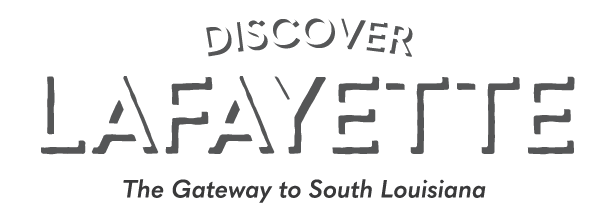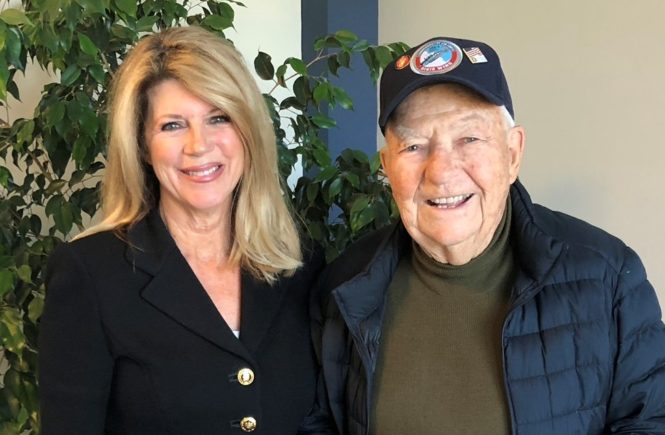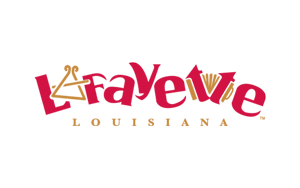Podcast: Play in new window | Download (Duration: 53:00 — 72.8MB)
This Discover Lafayette podcast is our second one with Paul Hilliard, who founded Badger Oil in Lafayette in 1955. Paul reflects on the WWII generation and what our country was like when the U. S. entered the war in December 1941.
The United States of America was a different place in 1941. Coming off the heels of the Great Depression, young men and women jumped at the chance to serve their country. 6,332,000 of the 16 million who served were volunteers, many in their teens. Paul Hilliard was 17 when he enlisted in the U. S. Marine Corps during his Senior year in high school in February 1943, quitting school when he received permission from his mother to join the war effort.
Hilliard lived in Wisconsin which was just coming off of a severe drought. Days on the farm were tough and families were poor, having to sell off livestock to survive. Those who entered service early in the war didn’t necessarily sacrifice, according to Hilliard, because they were paid a decent wage, supplied with clothing and food, and taught discipline. These thoughts, spoken by Hilliard, serve as an example of the selfless spirit of our beloved WWII veterans.
In 1940, a third of American homes had no electricity or running water, one-quarter of the population lived on farms, less than 25% of American adults had a high school diploma, and less than 3% had a college degree. There were 132 million people in the U. S. vs. 327 million today. The war changed the world and indelibly changed the future course of the U. S.
Hilliard was trained to be a gunner, handling machine guns in the back of Douglas SBD Dauntless (Scout Bomber by Douglas Aircraft) planes in air missions conducted in the Pacific Theatre of Operations. SBD was jokingly referred to as “Slow But Deadly.” He flew 45 combat missions and was twice awarded the Distinguished Flying Cross in addition to receiving the Air Medal with six bronze stars. This interview provides an opportunity to hear in Paul’s own words what it was like to serve.
Following his service, Hilliard earned his law degree from the University of Texas before beginning a career in the oil and gas industry. He credits the GI Bill for the opportunities it afforded him and so many other servicemen who would not have otherwise been able to obtain an education.
In September 2018, Hilliard accepted the position of Board Chair of the National WWII Museum in New Orleans. He will focus on the completion of the Museum’s $400 million campus expansion and the growth of its national education offerings. Hilliard will also assist in the Museum’s ongoing commemoration of historically significant milestones, including the 75th Anniversary of D-Day in June 2019.
Paul discussed a book by Paul Kennedy, Engineers of Victory, that details the tactical efforts utilized by the Allies to successfully fight WWII. Particularly in the Pacific Theatre, land or naval operations weren’t a feasible option and air power was an emerging tool utilized by the military in strategic bombing . America’s productivity was a key factor in our victory, as over 300,000 military aircraft were built by the U. S.
For more information on the National WWII Museum, visit https://www.nationalww2museum.org. The website is a treasure trove of thousands of oral histories and hundreds of thousands of photos depicting the WWII experience.
Thanks to Paul Hilliard for his lifelong example of patriotism and leadership. He embodies the heart and soul of the greatest nation on earth, the United States of America.



